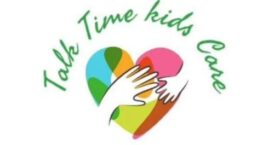Slow learners are individuals who require more time, repetition, and instructional support to grasp and apply new concepts compared to their peers of the same age. This term is often used to describe students who have average or slightly below-average intellectual abilities but struggle to keep pace with traditional academic expectations. Slow learners may face challenges in areas such as reading, writing, mathematics, and comprehension, despite having the potential to learn with appropriate interventions and accommodations. It’s important to recognize that being a slow learner does not indicate low intelligence; rather, it reflects differences in learning styles and processing speeds.

Effective educational strategies for slow learners focus on personalized learning approaches that accommodate their unique needs and strengths. These strategies may include differentiated instruction, multisensory teaching methods, small-group activities, and individualized learning plans. Teachers and educational specialists play a crucial role in identifying the specific learning barriers of slow learners and providing targeted interventions to promote their academic progress and self-confidence. With patient support, encouragement, and a nurturing learning environment, slow learners can achieve academic success and develop the skills needed for lifelong learning.
